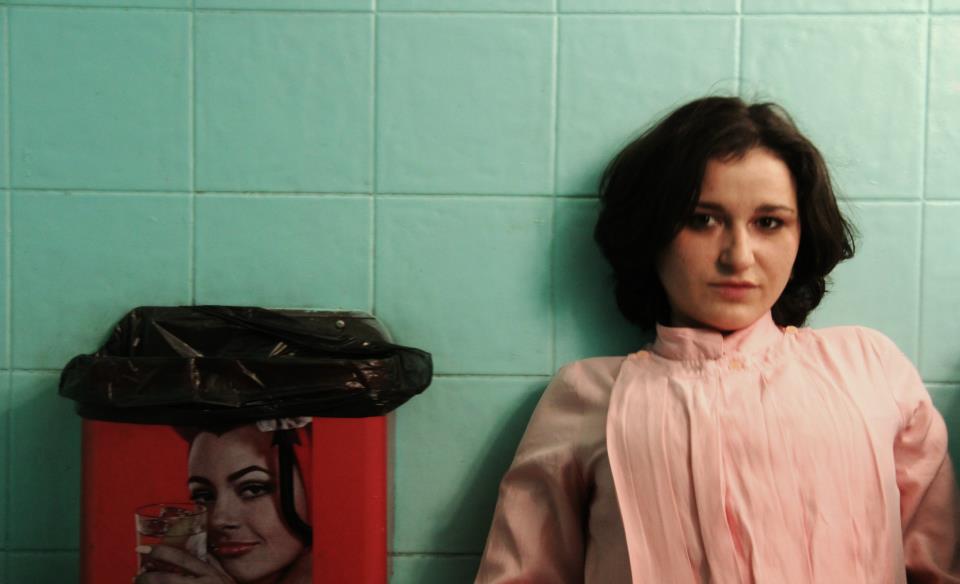Natassa Dourida

Greece
Natassa Dourida is a social engineer and conceptual artist based in Αthens. She studied at the School of Civil Engineering (NTUA, Αthens) and she holds a MSc in Arch Protection of Monuments (NTUA, Αthens). She is an alumna of the START–Create Cultural Change program of the Robert Bosch Stiftung, conducted in cooperation with the Goethe-Institut Thessaloniki.
“I grew up in an Arkadian village, a perfect playground for an extremely social and untamed kid. My teenage years were spent at a provincial town, suitable for setting studying goals. I moved to Αthens in 2001, having achieved my goal to study civil engineering; however, the technical environment soon felt less alive. Getting a student’s job, I sponsored myself to a 6-year round of psychology, bought a scooter and focused on defining my professional motivations: it felt important that my profession were of positive social contribution. Wandering around the city constantly, it became my source of inspiration, absorbing its history and CULTURE. I was astounded by the level of neglection of recent history within the urban grid and I observed a psychological scheme the locals were caught up in: living in a grey environment formed by collapsing buildings, they formed the belief they deserve this, hence behaving in ways confirming it. I mastered in Restoration of Monuments wanting to contribute in turning this vicious circle into a creativity spiral: if the city became bright and restored, the locals would eventually reform this belief, celebrating the city and their lives. However, with the socioeconomic crisis in full development, it became obvious that we needed more transcendental methodologies to motivate such a change. I had dwelled a lot in the arts, seeking consolation during these hopeless years and I had started my own practice, creating hand fans for income during my studies. In 2015, during a cultural management fellowship, I developed a social experiment: through three consequent events, I would develop the community that would run a sociocultural center within an abandoned heritage building, offered by its owners in exchange of restoration. Against all odds, the experiment succeeded. Since then, I have conceptualized and led five events, facilitating with my community experiences promoting social reform. I currently define myself as a social engineer.”






